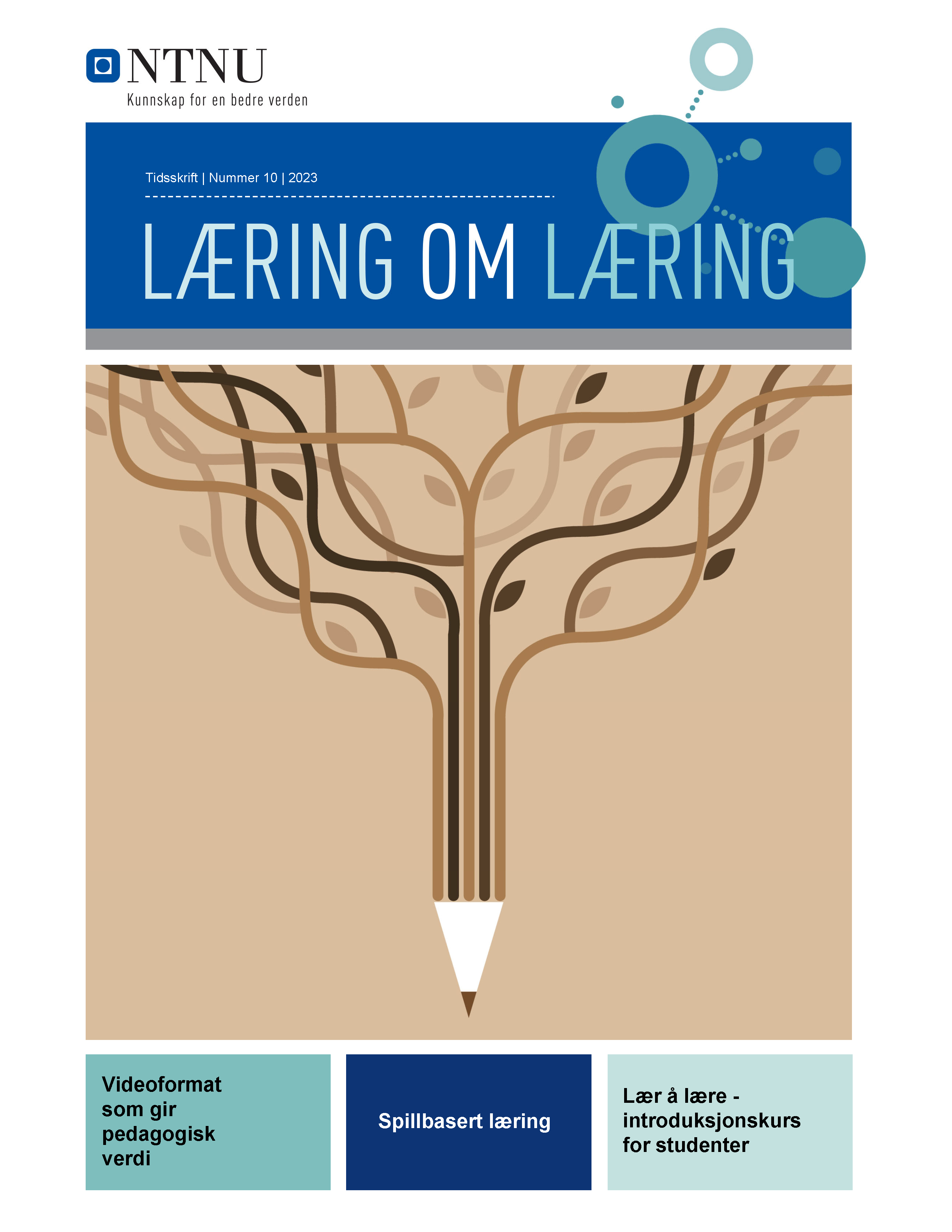Geomatics Field Course for Norwegian Civil Engineers: A Norway-Canada Collaboration
Abstract
This paper presents a proposal for integrating a Geomatics Field Course into the Civil Engineering program at the Norwegian University of Science and Technology (NTNU) in Gjøvik. The Geomatics Field Course is specifically designed to meet the changing demands of the engineering industry by providing students with applied experiences and a broader perspective of social and environmental implications. Although the current geomatics program at NTNU in Gjøvik is based on a solid theoretical foundation and a practical focus, pedagogical innovations are needed to further enhance students' skills, promote cross-disciplinary learning, and provide diverse insights into geomatics issues. This paper outlines the rationale, structure, and critical considerations for the implementation of the Geomatics Field Course. The strength of the current geomatics program at NTNU in Gjøvik includes a structured curriculum, practical relevance, and integrated components. There are opportunities for improvement including broadening practical experience, developing soft skills, and further collaboration with industry partners. To address these issues, the paper draws on the joint field course experiences held with the University of Winnipeg; experiences which highlighted the benefits and considerations of project-based learning and multi-disciplinary teamwork. The proposed Geomatics Field Course aims to fill current gaps in the curriculum and provide students with an intensive learning experience that builds on their knowledge and skills from the previous year of study. The course will emphasize project management, extensive field experience, soft skills development (including communication and teamwork), and complex problem-solving. While acknowledging the challenges associated with implementing a field course, such as scheduling and cost, the authors strongly emphasize the need for such a program to increase students' career readiness. Furthermore, it is suggested that the proposed course approach, which combines project-based learning and international collaboration, could serve as a model for other engineering programs in Norway.
Downloads
Downloads
Published
Issue
Section
License
Copyright (c) 2023 Vilma Zubinaite, Joni Storie, Rune Strand Ødegård , Christopher David Storie, Sverre Stikbakke, Christopher Henry

This work is licensed under a Creative Commons Attribution-NonCommercial-NoDerivatives 4.0 International License.
All innhold i Læring om læring er publisert med cc lisens
Navngivelse-IkkeKommersiell-Ingen bearbeidelser 4.0 Internasjonal (CC BY-NC-ND 4.0)
Du har lov til å Dele — kopiere, distribuere og spre verket i hvilket som helst medium eller format
På følgende vilkår:
Navngivelse — Du må oppgi korrekt kreditering
IkkeKommersiell — Du kan ikke benytte materialet til kommersielle formål.
IngenBearbeidelser — Dersom du remixer, bearbeider eller bygger på materialet, kan du ikke distribuere det endrede materialet.

